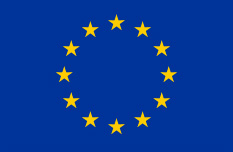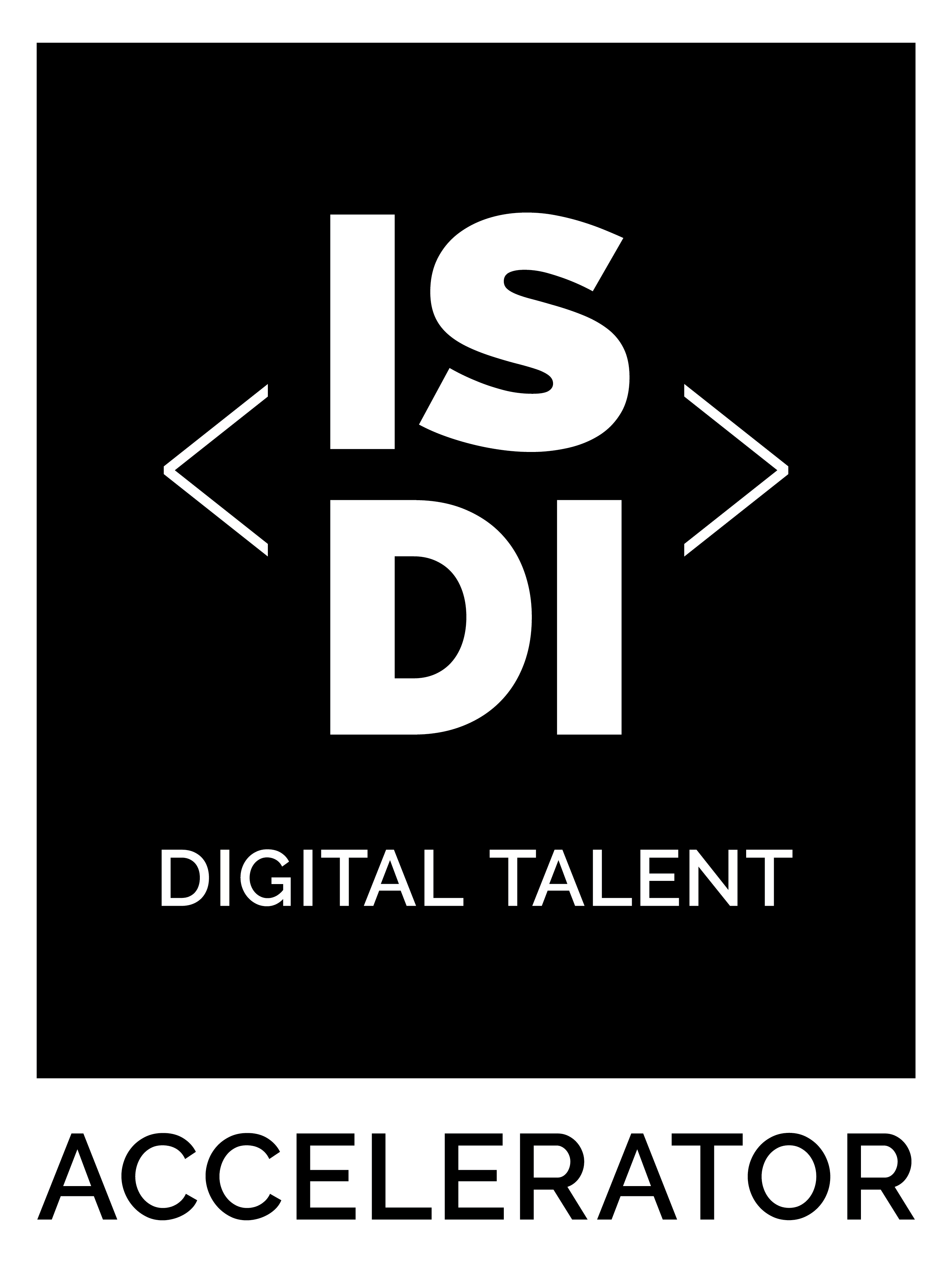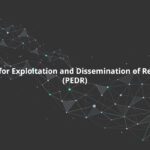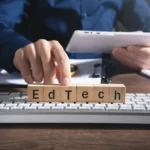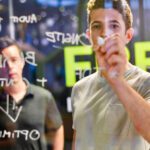Project acronym: IMPACT EdTech
Project full name: Incubating High-IMPACT New Generation EdTech Disruptors for Inclusive & Personalised Learning
The innovation action IMPACT EdTech, co‐funded from the European Union’s Horizon 2020 research and innovation programme under grant agreement No. 871275, launched its 1st open call for recipients to receive financial support.
Call Publication
The call was published on the project IMPACT EdTech project website (https://impactedtech.eu), and on the Horizon 2020 – Participants Portal (http://ec.europa.eu/research/participants/portal/desktop/en/opportunities/other/ competitive.html). Full call details were published on https://impactedtech.fundingbox.com/.
The following channels were also used to promote the call:
- IMPACT EdTech online community provided by project partner FundingBox: https://fundingbox.com/c/community-Impact-edtech
- IMPACT EdTech social media:
- LinkedIn: https://www.linkedin.com/showcase/impactedtech/
- Twitter: https://twitter.com/IMPACTEdTechEU
- Partners’ social networks and newsletters
- Enterprise Europe Network
Number of IMPACT EdTech proposals received and selected for financial support
- 308 proposals submitted
- 233 eligible proposals evaluated, of which: 94 in Strand A; 139 in Strand B
- Challenge selected:
- Inclusive Education – 48
- Personalized learning – 75
- Skills Development – 110
- 122 above threshold
- 28 selected for the Jury Day
- 15 in the first list pre-selected for financial support (of which one renounced their participation in the programme)
- 1 proposal in the reserve list (currently in the list of selected solutions),
The selected solutions are:
Company Name | Project Name | Project Strand | Project Challenge | Country | Funding Requested |
Gribbing Oy | Grib3D | STRAND B | Skills development | Finland | Stage 1: Up to €85.300 (€75.300 as a lump sum and €10,000 in vouchers) |
AMJ Labs OÜ | DARTEF (Didactic ARTEFact) | STRAND A | Skills development | Estonia | Stage 1: Up to €85.300 (€75.300 as a lump sum and €10,000 in vouchers) |
EyeJustread Denmark | EyeJustRead | STRAND A | Inclusive education | Denmark | Stage 1: Up to €85.300 (€75.300 as a lump sum and €10,000 in vouchers) |
Rapida Oy | Annie | STRAND A | Inclusive education | Finland | Stage 1: Up to €85.300 (€75.300 as a lump sum and €10,000 in vouchers) |
FabLab Factory | LMS: Learn, Make & Share STEAM-platform | STRAND A | Skills development | Belgium | Stage 1: Up to €85.300 (€75.300 as a lump sum and €10,000 in vouchers) |
Photon Entertainment sp. z o.o. | Photon AI | STRAND A | Skills development | Poland | Stage 1: Up to €85.300 (€75.300 as a lump sum and €10,000 in vouchers) |
Kurbli Kft. | SBrick Ed-Platform | STRAND A | Skills development | Hungary | Stage 1: Up to €85.300 (€75.300 as a lump sum and €10,000 in vouchers) |
JS LEAGUE TECHNOLOGIES SRL | The Adventures of Bit & R | STRAND B | Skills development | Romania | Stage 1: Up to €85.300 (€75.300 as a lump sum and €10,000 in vouchers) |
Vividbooks s.r.o. | Vividbooks | STRAND A | Skills development | Czech Republic | Stage 1: Up to €85.300 (€75.300 as a lump sum and €10,000 in vouchers) |
eKidz.eu | eKidz SMART | STRAND A | Personalised Learning | Germany | Stage 1: Up to €85.300 (€75.300 as a lump sum and €10,000 in vouchers) |
Wonder in Progress S.L. | Kotokan | STRAND B | Skills development | Spain | Stage 1: Up to €85.300 (€75.300 as a lump sum and €10,000 in vouchers) |
VMPS Corporation | Mathia | STRAND A | Personalised Learning | France | Stage 1: Up to €85.300 (€75.300 as a lump sum and €10,000 in vouchers) |
BEEHIVEOR LLC | EYEPASS – personal e-learning analytics system | STRAND A | Personalised Learning | Ukraine | Stage 1: Up to €85.300 (€75.300 as a lump sum and €10,000 in vouchers) |
Gro Play Digital AB | Grow Planet | STRAND A | Skills development | Sweden | Stage 1: Up to €85.300 (€75.300 as a lump sum and €10,000 in vouchers) |
BIT SENTINEL SECURITY SRL | CyberEDU | STRAND B | Skills development | Romania | Stage 1: Up to €85.300 (€75.300 as a lump sum and €10,000 in vouchers) |
Dates of the call publication and closing, IMPACT EdTech evaluation and selection:
- Call Publication date: 6th April 2020 10:00 CEST
- Call Closing date: 30th June 2020 13:00 CEST
Phase | Time | Approximate Date | Pass to the next phase | |
Evaluation | Eligibility Check | 1 week | 1-6 July | 308 |
Expert Evaluation | 2 weeks | 9-19 July | 233 | |
Consensus Meeting | 1 day | 26 August | 28 | |
Pitch Training + Jury Day | 3 days | 9-11 September | 15 |
Annex 1: Brief description of the selected proposals for financial support
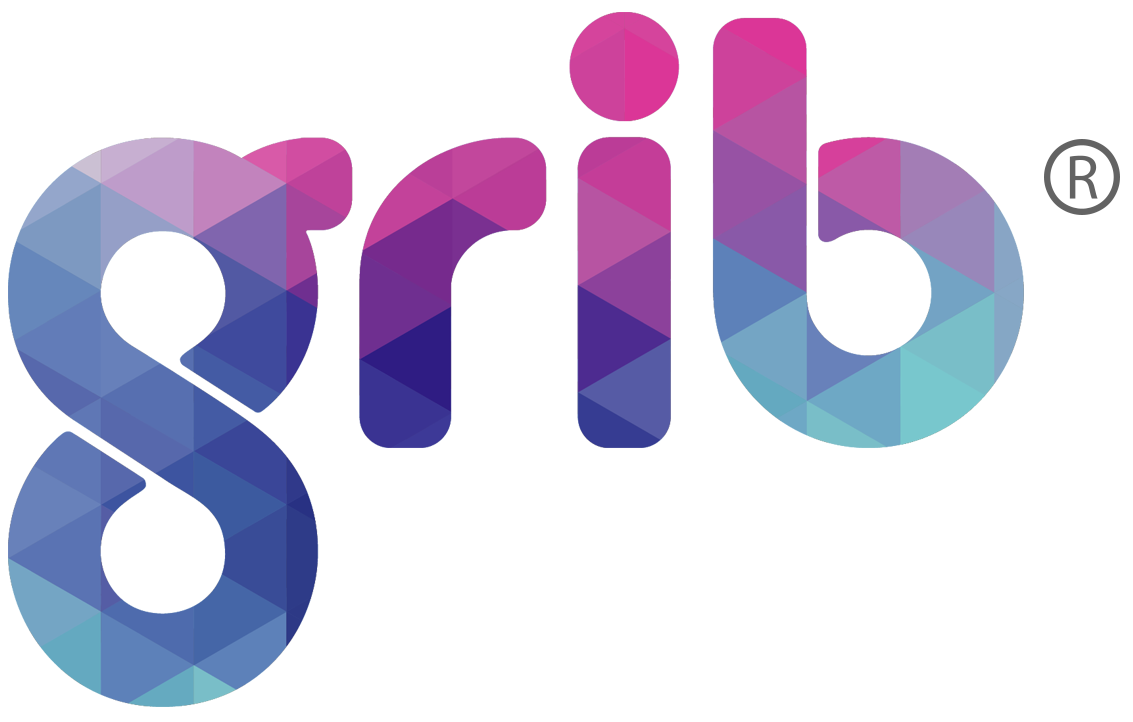
Grib3D
3D modelling software is difficult to learn and to use. So far, the increase in demand of computer-generated images (CGI) or digital arts have not led to significant reductions in time to learn and produce them. Grib3D is the world's first 3D modelling software for augmented reality. Its accessibility boosts creative thinking process, collaboration, and hands-on learning in the education and training setting
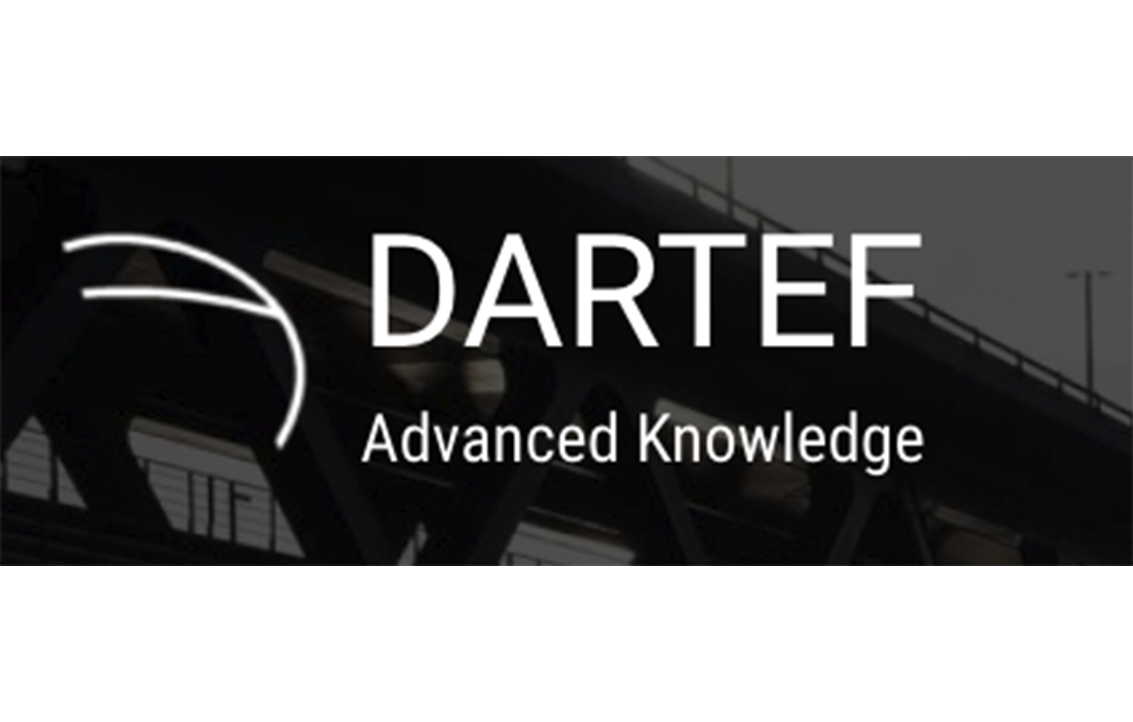
DARTEF (Didactic ARTEFact)
A well-known problem in K-12 education is that students often perceive math and physics as a collection of definitions, facts and formulas, which must be memorized in order to merely pass the exam. As a response to that, the DARTEF solution bridges the gap between school math/physics and real-world (main focus is on 6th-12th grades). It foresees simultaneous hands-on experimentation and computer-aided simulation that allows students to apply their theoretical knowledge for solving real-world problems.
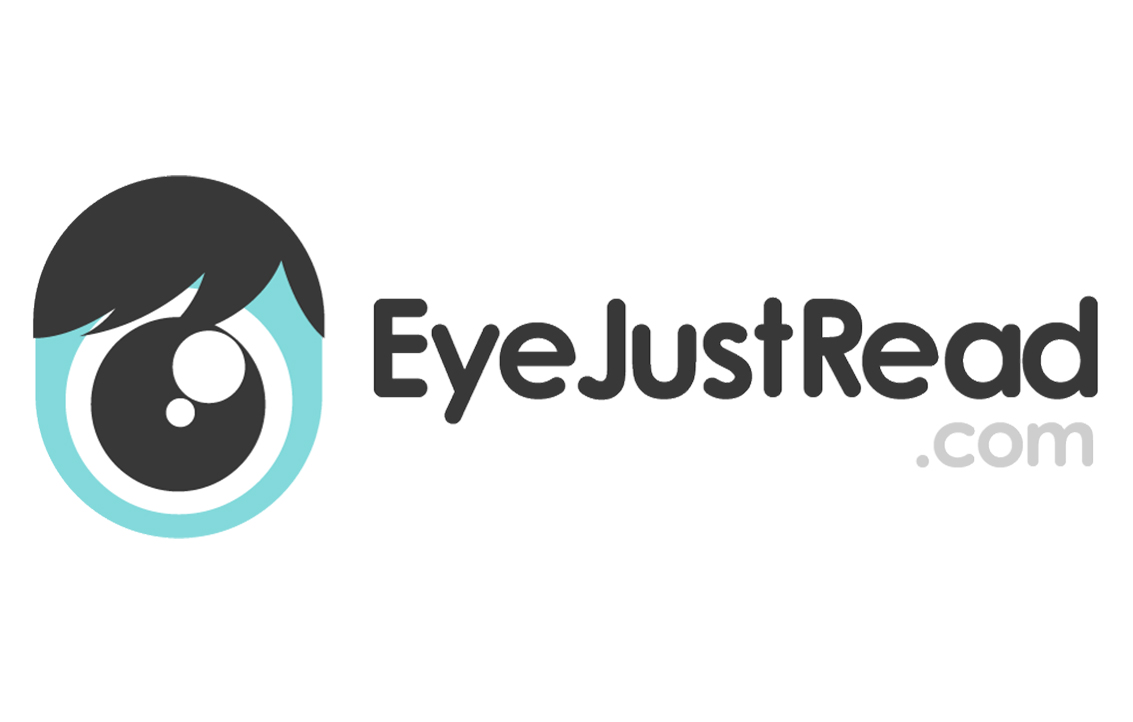
EyeJustRead
The EyeJustRead solution is especially aimed at students with challenges around reading - both challenged early readers and dyslexia students. It provides a holistic tool that use natural data especially from voice and eye tracking data to provide a shared hub for all stakeholders to accelerate the students reading through planning, support, evaluation, assessment, reporting and collaboration. The solution runs on a standard laptop with a Tobii eye tracker with USB, a EJR software suite, and enriched ePub reading content from major publishers.

Annie
Annie is a chatbot that starts conversations with students and evaluates their need of support with intelligent conversation flows. Students in need of support are automatically directed to the correct services (e.g. study guidance, mental health, mentoring, healthcare) using the built-in service tracking system. Organizations and municipalities gain insights into the support needs of students and the impact of interventions with an analytics dashboard.
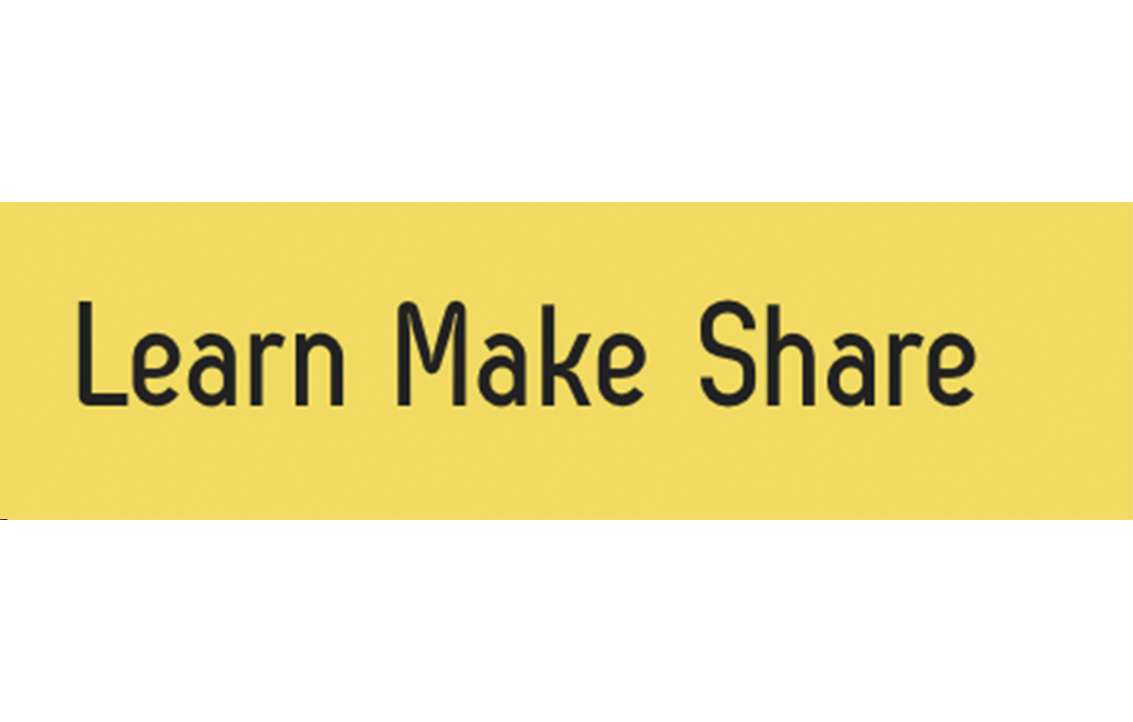
Learn Make Share
The LMS - Learn, Make & Share - platform is an all-in-one digital platform for acquiring STEAM and computational thinking skills based on the maker education pedagogy, and infused with the UN Sustainable Development Goals and 21e century skills. Learners log in to the platform and can choose from a wide variety of tutorials, activities, challenges and projects to complete. For this they will design, develop, make and test physical and digital solutions. All the design tools (2D, 3D drawing, coding interface) and fabrication tools (laser cutter, 3D printer, CNC, vinyl cutter, embroidery, micro:bit, ..) are directly integrated in this platform.
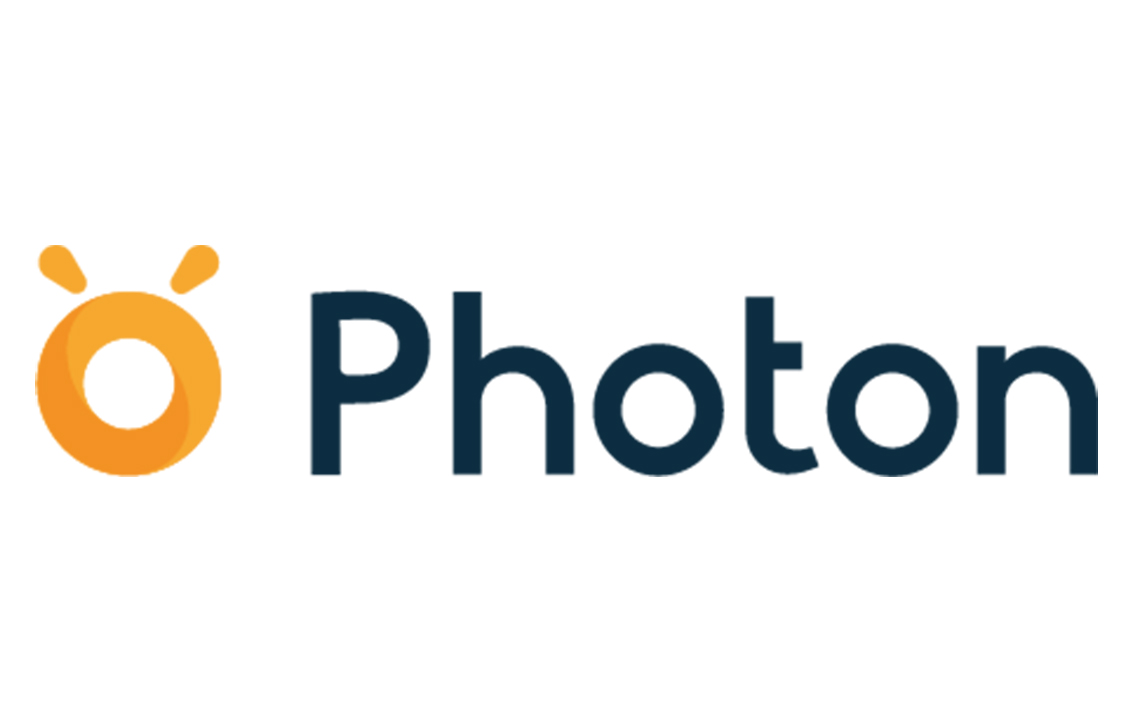
Photon
Photon AI is the World’s first robotics platform that teaches children the concepts of Artificial Intelligence and Machine learning to Kindergartens and Primary Schools. It is a complete system that brings the power of understanding the new technologies to students. The system consists of three parts: hardware (an camera-equipped interactive robot), software (mobile and desktop apps that brings the possibility to code and create your own machine learning models and then use them with your robot) and content part (curriculum, ready-to-implement guides for teachers, lesson plans and student’s workbooks). When combined, these parts create a complete educational tool for teachers to teach about AI.
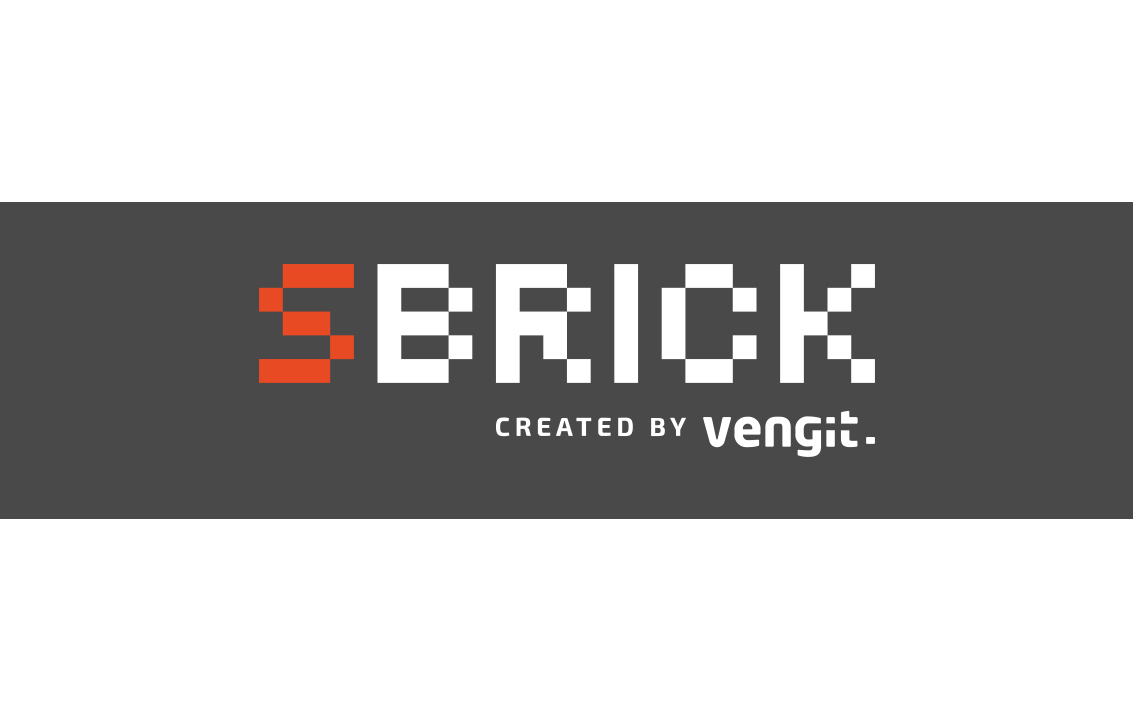
SBrick
The SBrick Ed-Platform uses an innovative hardware solution with a state of the art and easy to use application to help everyone learn robotics and coding. With the help of the solution, users can make your models, such as LEGO come alive. The magic comes in two components: a “brick” of hardware that you can easily integrate into your model, and a programmable interface, to design and code tasks to perform.
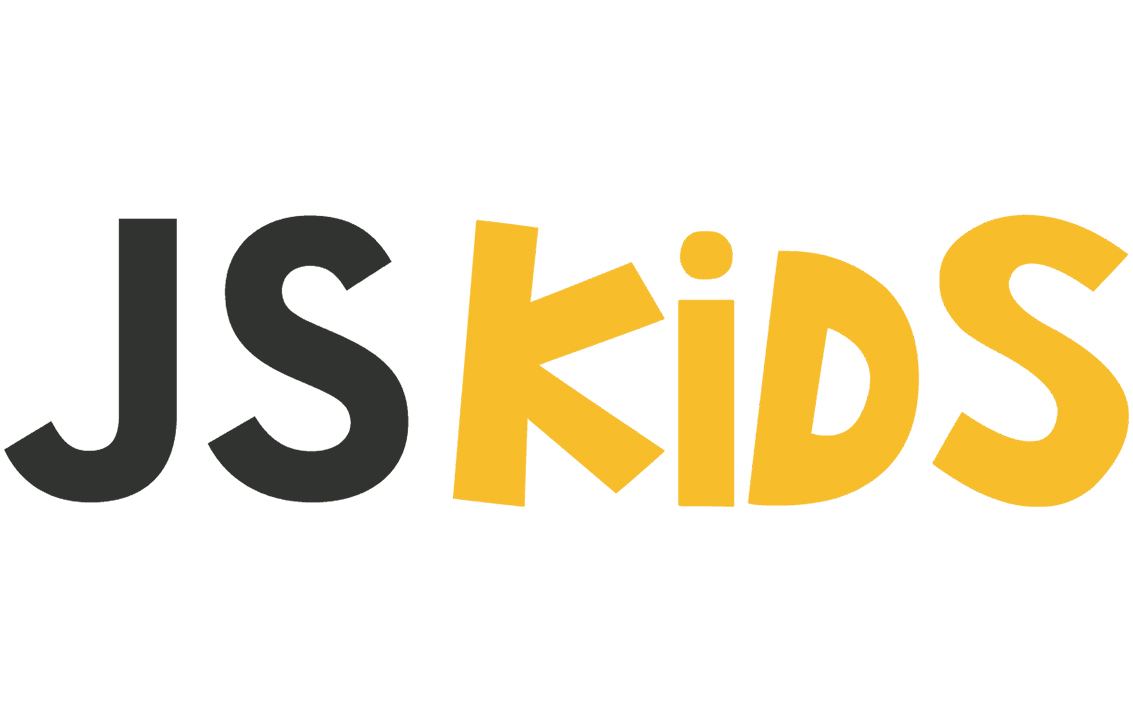
The Adventures of Bit & R
The Adventures of Bit and R is a platform adventure web game for kids aged 6 -12 to learn web programming and JavaScript (Mario with a text editor). The main character, Bit the rabbit, needs to overcome a series of obstacles and solve challenges to retrieve pieces of information (the components of web). R (Robert) the robot is there as the teacher to give him hints, explanations and help the player in his learning path. The editor acts like an online IDE, where the web parts appear as parts of the whole game.
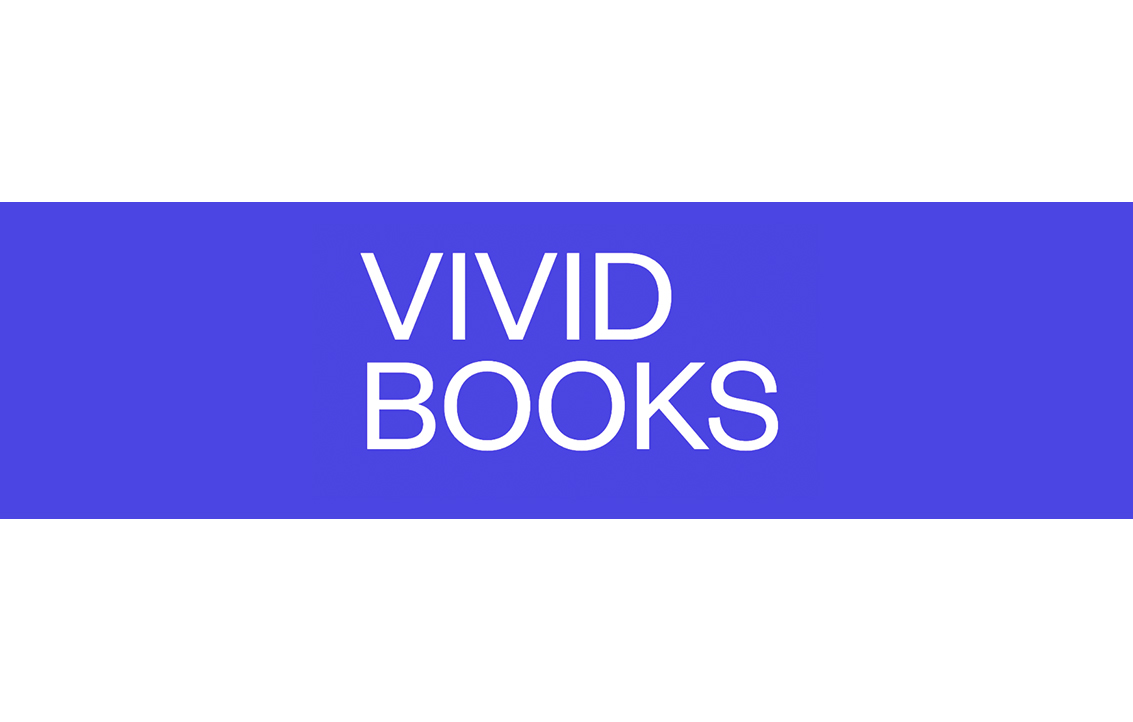
VIVID Books
Existing STEM textbooks are dull and unengaging. The solution shows science in motion, through entertainment, interactivity and in augmented reality. Processes of teaching individual lessons are focused on questions and methodological inspiration for teachers. Vividbooks an educational iOS, Android and web platform for K12 students to study STEM subjects in a fun and interactive way. The apps use Augmented Reality in combination with worksheets that bring physics to life and encourage active learning.
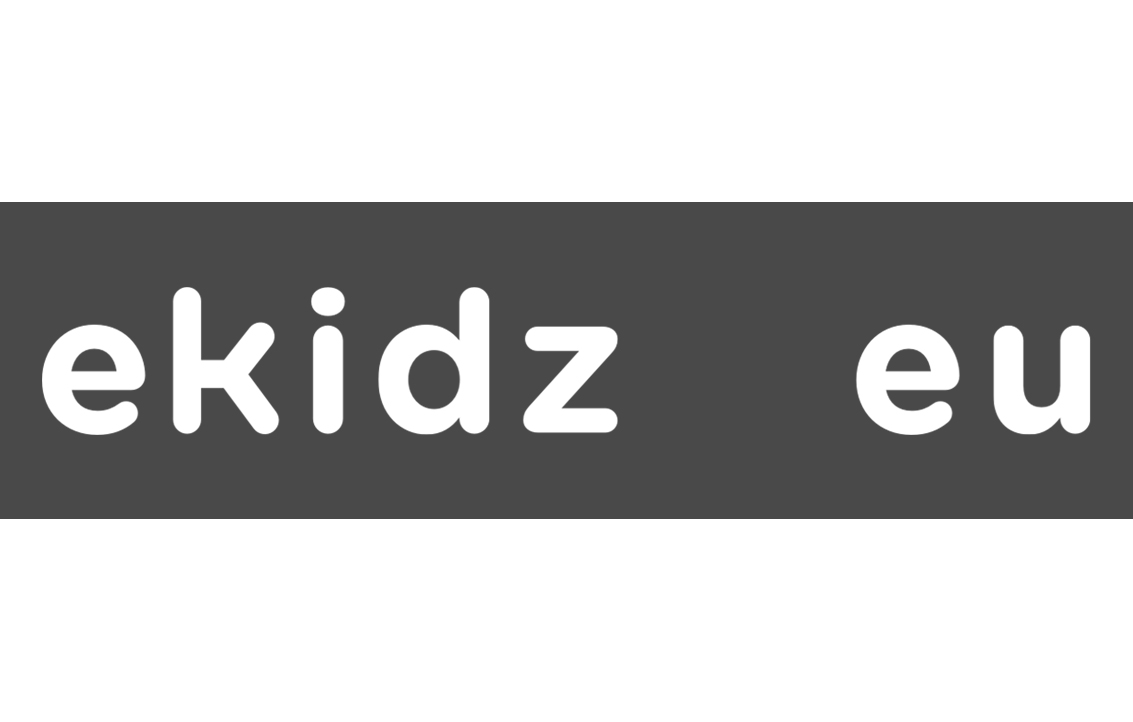
eKidz Smart
eKidz SMART offers guided language and reading development. This learning and development process utilises the application of neural nets and the analysis of user proficiency and deficiencies. The solution uses a strong technological base in mobile technology in partnership with ASR (Automated Speech Recognition) researchers of children’s speech technology and our rich interaction with current users.
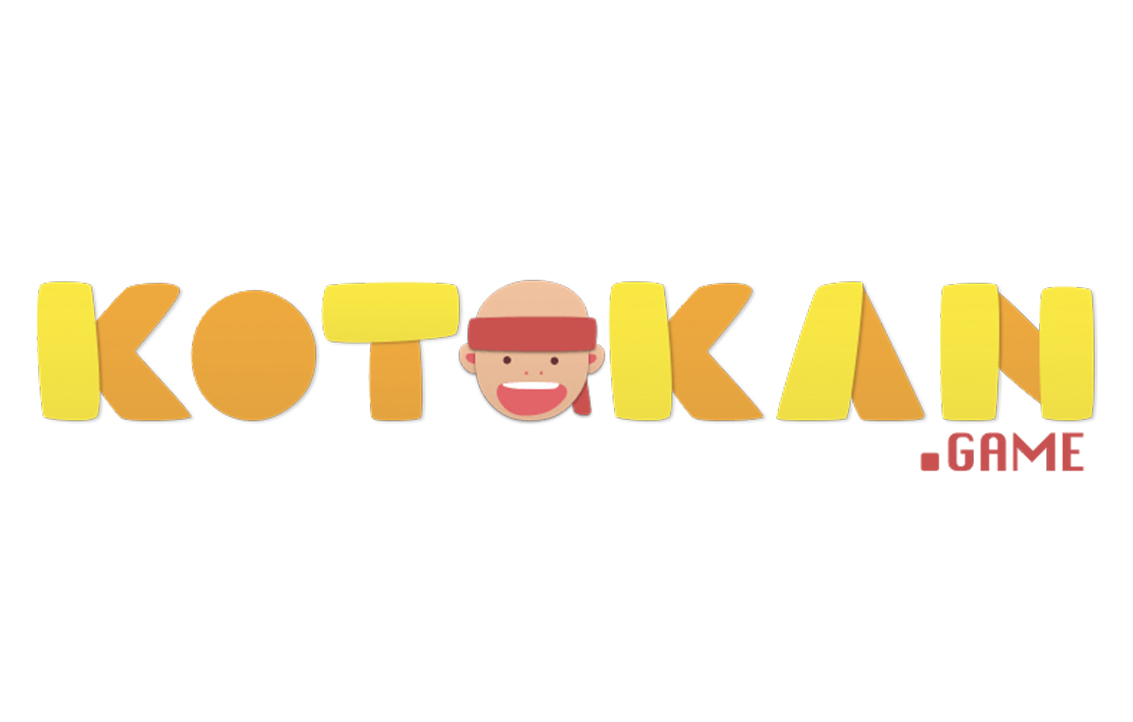
Kotokan
Kotokan is an online platform where children learn thinking strategies, solve and create maths problems and engage with a community of peers through meaningful content. Parents will be able to monitor how their child progresses across these essential skills. Kotokan's unique pedagogical method is based on educational neuroscience. It develops children's analytical thinking and problem-solving skills through a series of strategies that will help them structure, visualise and synthesise information in problems.
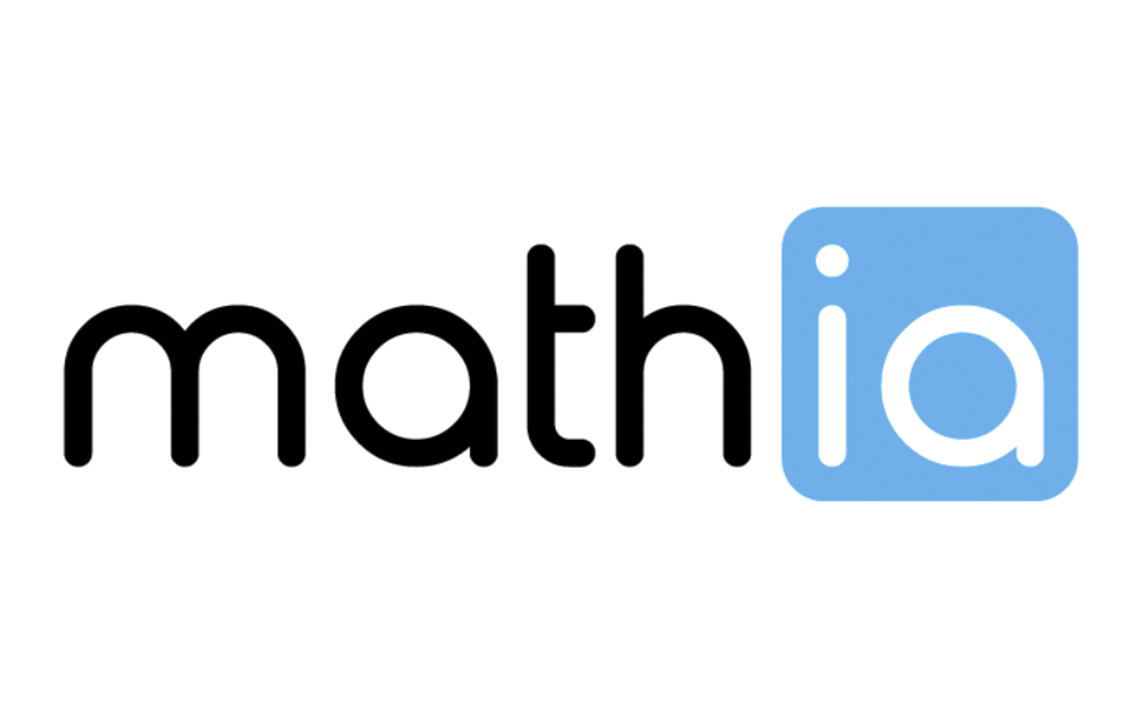
Mathia
Personalised and adaptive learning are at the core of Mathia. Mathia is the assistant of the teacher that enables them to individualize the learning paths and monitor the results and progresses of each kid, thanks to the real time machine learning and data-clustering visualization technology. Thanks to the combination of the voice assistant and the 3D visualization tool in holograms, Mathia makes mathematics much more concrete and real to enhance the representation and assimilation of concepts.
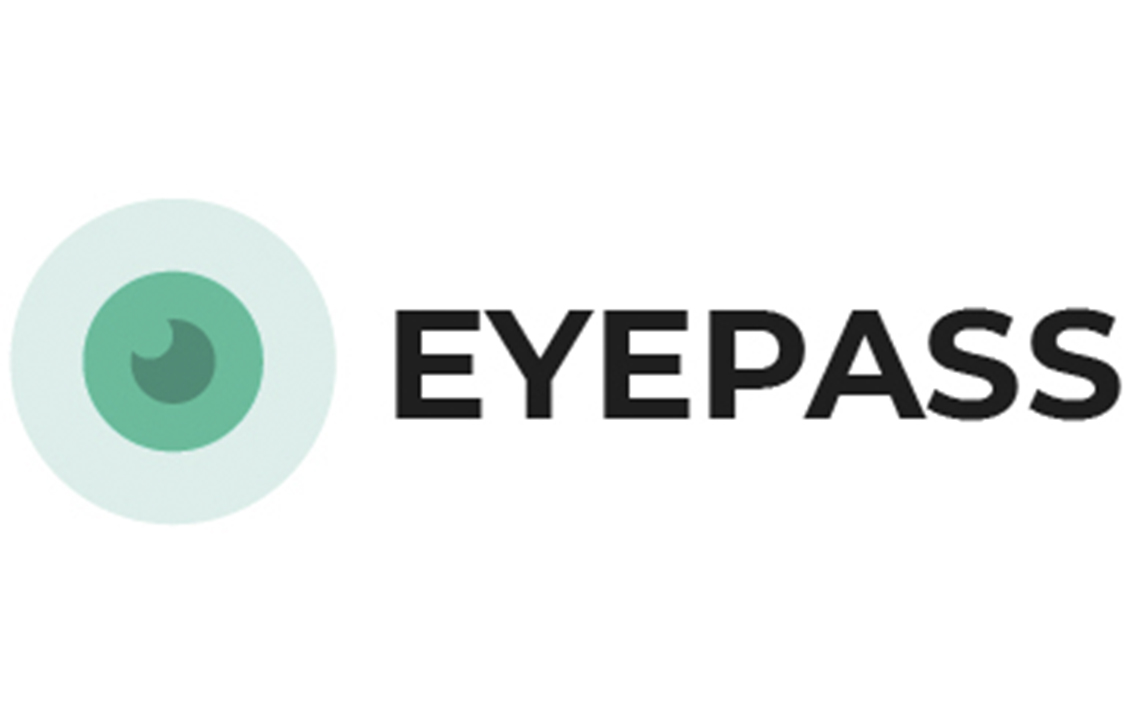
EyePass
EYEPASS is an AI-based solution that combines webcam eye-tracking and human behaviour analysis during the education process based on neuroscience. It targets a fundamental problem of decreasing reading and, as a result, learning skills among EU students, which leads to insufficient education capabilities and a low chance of professional success. To solve this problem, EYEPASS assists teachers with student’s learning experience data to analyse how he/she is dealing with materials. Providing insights about the problem areas and the specific needs of each student, EYEPASS enables a precise personalization of the education and further learning/reading skills development.
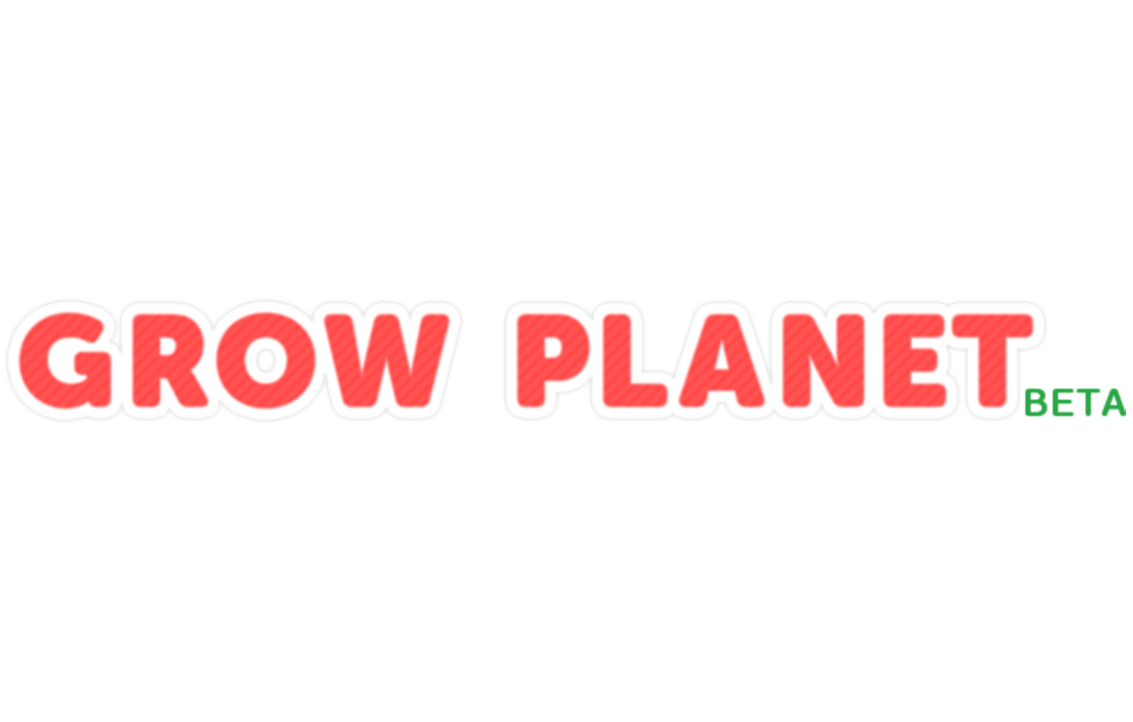
Grow Planet
Grow Planet is a 3D game-based blended learning environment for STEAM and Sustainability Education K-6 which consists of 1. a Student area, the 3D game environment area and 2. a teacher LMS dashboard. Distribution: A. Direct access via Grow Planet. B. Integrated single sign-on solutions for all major educational hubs, such as Microsoft Teams for Education. Grow Planet comes with a number of prepared learning journeys for students which are all designed from a problem-solving perspective related to environmental challenges and at the same time covering the core of the curricula in STEAM subjects. In the student area, the 3D game environment, the students embark on their learning adventure, each student in his / her own pace, with personally adapted content.
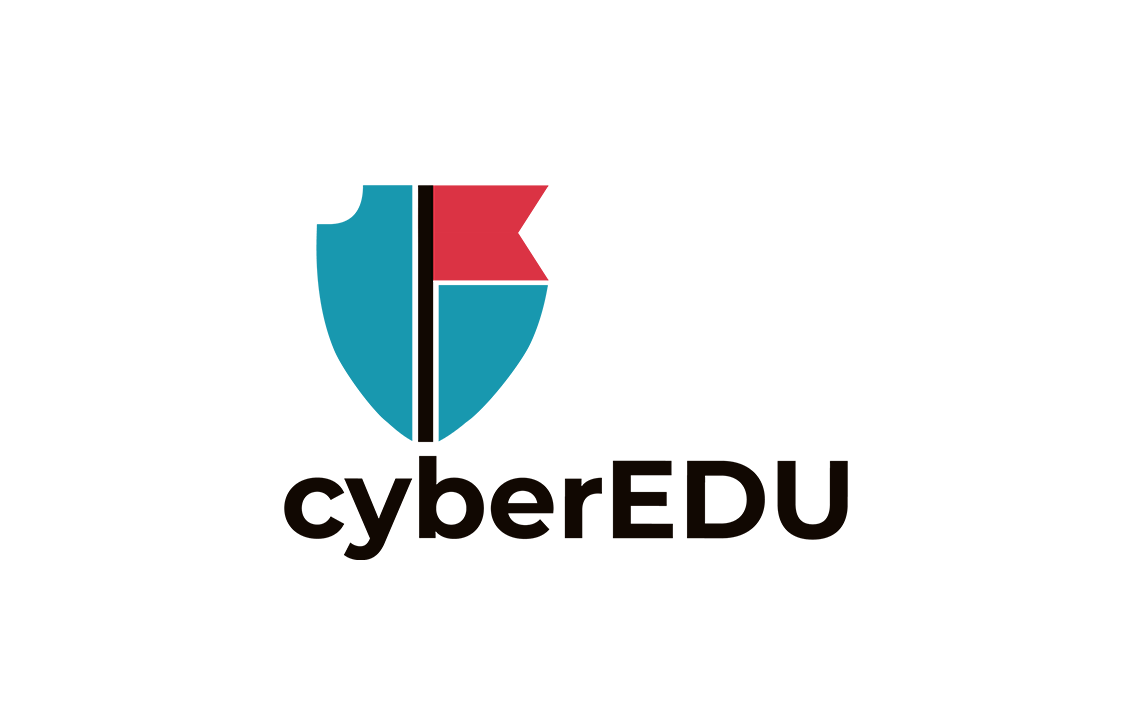
CyberEdu
Our lives are moving towards digital and the shortage of info security specialists is a real problem. The digital landscape is in a constant evolution and cybersecurity specialists need to have a space where they can practice their skills in a controlled environment. To educate and support the next generation of infosec specialists CyberEDU was built so anyone can practice their offensive and defensive skills in a dedicated arena, no matter their background or skill level. The goal is to bring together the brightest minds and create a strong community ready to face all upcoming cyber challenges.
